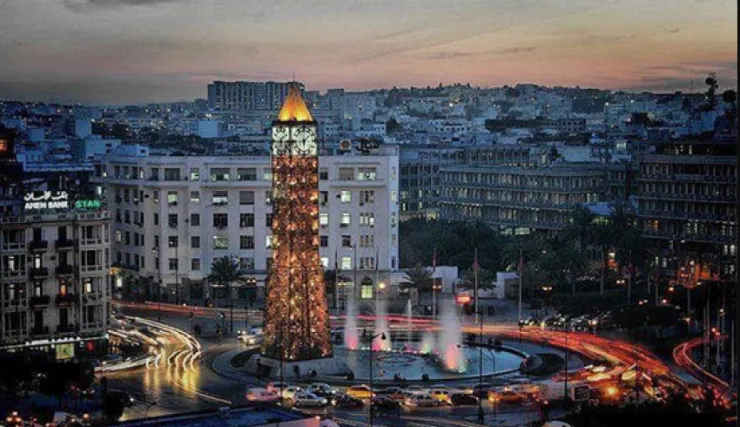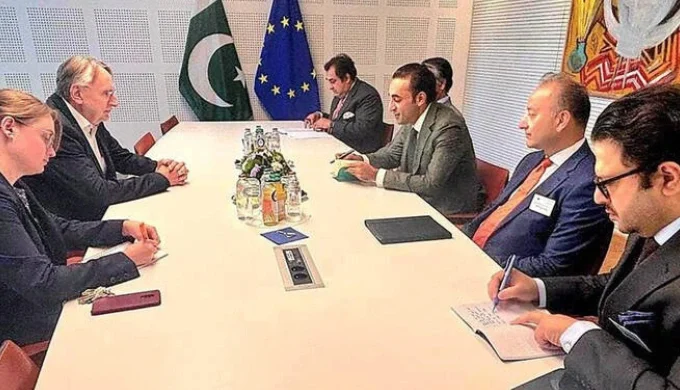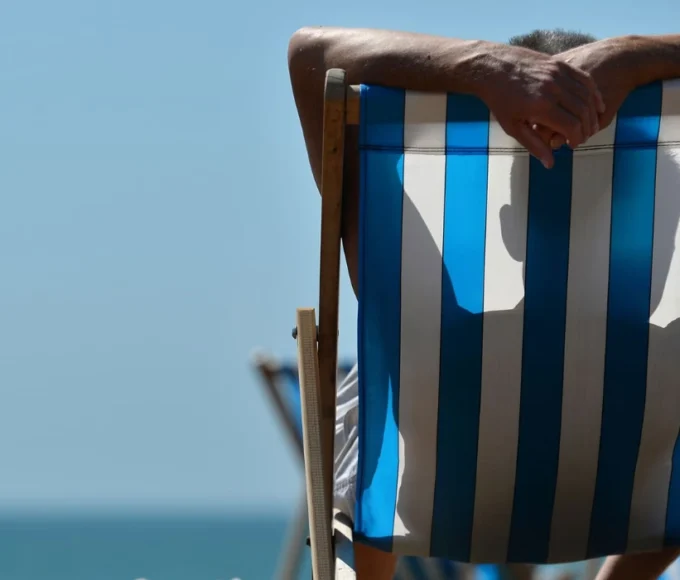From political excitement to economic progress, including diplomatic achievements but also some social crises relating to shortages, the year 2023, rich in events, ends with the hope of a new year better than the previous ones. .
The past year was marked by numerous political events which had a direct impact on the composition of the government and the dismissal of the former Head of Government and numerous ministers. Aspiring for better governmental efficiency and cohesion, the Head of State, Kaïs Saïed, did not hesitate to end, on August 2, the missions of Najla Bouden who was replaced by Ahmed Hachani.
In the process, several ministers were thanked. Former head of diplomacy Othman Jarandi, former Minister of the Economy Samir Saied, on October 18 the ministers of Commerce, Employment, Industry, Education and Agriculture. On March 17, it was Taoufik Charfeddine, Minister of the Interior, who announced his resignation. He was replaced by Kamel Feki, former governor of Tunis.
Among the most significant political events was the organization of the first local elections in the country’s history. It was on December 24 that Tunisians headed to the polls to elect members of local councils who will be called upon to form the National Council of Districts and Regions, the second Chamber of Parliament, created by the 2022 Constitution. participation rate of 11.88% did not prevent the election of 1,348 candidates in the first round, while 781 constituencies are affected by the second.
2023 also marked a long sequence of arrests of influential political figures. On April 17, the leader of the Islamist movement Ennahdha Rached Ghannouchi was arrested in Tunis. If, for his party, this arrest is purely political in nature, Ghannouchi faces serious charges including “an attempt to modify the state regime”.
In a single case relating to the glorification of terrorism, he was sentenced on October 30 to fifteen months in prison. Many other political figures were also arrested in connection with the so-called conspiracy against state security affair.
Kaïs Saïed on all fronts!
During this year, it was the Head of State, Kaïs Saïed, who increased the number of unannounced visits to the four corners of the country, but also by participating in events abroad. Focusing on the situation of public companies, Kaïs Saïed sent a strong message by visiting the premises of these companies, including those of Snipe – La Presse, on March 11 to express the importance he attaches to institution, calling for the means necessary to save it. Tunis, Béja, Bizerte, Zaghouan, Kébili, Nabeul, numerous unannounced visits which were crowned by major decisions relating in particular to the preservation of public enterprises and the strengthening of the social role of the State.
The tenant of Carthage also fired several officials including governors, CEOs of public establishments and senior officials in the administration for their poor performance.
During the past year, Kaïs Saïed represented Tunisia in major meetings abroad. On May 18, he flew to Saudi Arabia to take part in the 32nd ordinary session of the Arab League Council, where he was invited by King Salman bin Abdulaziz Al Saud. On June 21, he headed to Paris, to respond to the invitation of French President Emmanuel Macron, to take part in the “Paris Summit for a new financial agreement”, while on July 22, the Head of the State flew to Rome to participate in the Rome Summit on Migration. A major event which he claimed to be organized to deal with several issues which concern the countries of the southern shore as much as those of the northern shore of the Mediterranean.
Relations with the EU
With the signing of an important memorandum of understanding between Tunisia and the European Union in Carthage, some tensions have marked relations between the two parties. At the end of the meeting which took place in Tunis between Kaïs Saïed, the President of the European Commission Ursula von der Leyen, the Italian Prime Minister Giorgia Meloni and the Dutch Prime Minister Mark Rutte, it was on July 16 that the Tunisia and the European Union sign a memorandum of understanding on a “comprehensive strategic partnership” between the two parties in several areas, notably the promotion of trade and the fight against irregular migration, the value of which exceeds 750 million euros .
Except that the implementation of this agreement was hampered following in particular the publication, in October, by the European side, for the second time and contrary to custom, of official Tunisian documents relating to the payment of 60 million euros in favor of Tunisia. Tunisia has also announced that it has refused this financial assistance.
2023 can be marked by the sign of sovereignty. Tunisia has worked to preserve its sovereignty in the face of attempts at interference in several areas. “Tunisia has no other file to present to the International Monetary Fund,” suggested on October 23, the Minister of Finance, Sihem Nemsia, while the Head of State has repeatedly recalled his refusal of any interference in the internal affairs of the country.
Initially scheduled for December 5 to 17, 2023, the visit of a delegation from the International Monetary Fund to Tunisia was postponed at the request of the Tunisian authorities.
Furthermore, Tunisia has reconnected with Syria with the resumption of diplomatic relations, the two countries announced on April 12 in a joint press release. A significant step which contributed to the reintegration of Syria into the Arab fold.
We should also remember that this year saw a restructuring of Tunisian diplomacy led by Minister Nabil Ammar who was able to revitalize foreign policy.
Security exploits and challenges
Since the events of January 14, and even before, Tunisia has been exposed to the rise of terrorist groups and jihadist movements. Attacks have targeted public places, a hotel, police and National Guard stations, military installations and others. Tunisia has experienced a long sequence of terrorist threats. For the year 2023, this threat has significantly decreased. Security exploits have been numerous, the latest taking place a few days ago when three terrorists were killed in Kasserine.
These security challenges resurfaced on November 1 with the spectacular escape of five dangerous Tunisian prisoners convicted of terrorism who had fled from Mornaguia prison, and arrested after a week on the run.
In addition to these security events, economic progress has marked the past year, notably with the payment of external debt service and the control of the inflation rate. Likewise, the year ended in style with great relief in the affair of the Franco-Tunisian Bank (BFT). By arbitration decision, Tunisia was ordered, on December 22, to pay 1.11 million dinars, instead of the 37 million required by the opposing party, according to figures put forward by the Ministry of State Property.
2023 Nobel Prize in Chemistry awarded to a trio including the Tunisian Mongi Bawendi.
We should also remember that notable progress in the fight against corruption took place during this year, notably the launch of a general audit of recruitment in the administration and the public service by presidential decree, the results are expected at the beginning 2024.
On a social level, this year has been particularly difficult for Tunisians to the extent that their daily life has turned into a race to stock up on basic products, bread, flour, semolina, milk, fuel, rice, coffee, sugar. whose supply has experienced disruptions.
One of the most significant events of this year concerns the scientific field. The 2023 Nobel Prize in Chemistry was awarded on October 4 to a trio composed of Tunisian Mongi Bawendi (62 years old), Louis Brus (80 years old) and Alexei Ekimov (78 years old), researchers working in the United States on nanoparticles .
The year 2023 unfortunately brought us dramatic events in Gaza after the Al-Aqsa Flood operation, carried out by Hamas on October 7. Since then, the Gaza Strip has faced a genocide leaving more than 21,000 martyrs and thousands injured and missing. Tunisia rushed to the aid of the Palestinian people by receiving, in December, two convoys of wounded Gazans. Planes loaded with humanitarian aid have been chartered for the benefit of affected Palestinian families.
This article is originally published on lapresse.tn








